Orban, Salvini and Morawiecki: A Match Made in Moscow?
- Maciek Grzymkowski

- Apr 28, 2021
- 8 min read
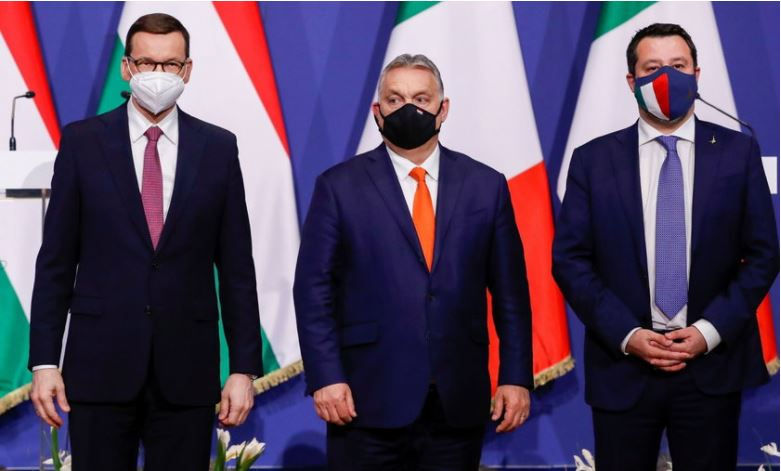
Russian involvement in the internal affairs of EU members has gradually increased over the course of the past decade. The rise of social media and its impact on society provided Russian intelligence services with brand-new opportunities to penetrate online communities and influence public opinion abroad. Whether it’s compromising the French presidential election, funding various non-governmental organizations, or the actions of the infamous Internet Research Agency, the Russian Federation is known for exploring multiple avenues when it comes to safeguarding and realizing its interests in Europe. However, even the brightest minds of the SVR (Russian foreign intelligence service) would have trouble brewing up a more favorable alliance than the one that has already begun to form between Poland, Hungary, and a rising Italian populist party.
On the 1st of April, 2021, Mateusz Morawiecki, Viktor Orban, and Matteo Salvini met in Budapest to discuss an EU-wide alliance of like-minded parties, one that would bring about a “renaissance” of traditional European values[1]. While the platform’s main goal would be to give the somewhat ostracized, conservative governments more influence in the EU’s decision-making process, one does not need a degree in international relations to identify which state may benefit the most in the long run.
Putin's best friend in Europe
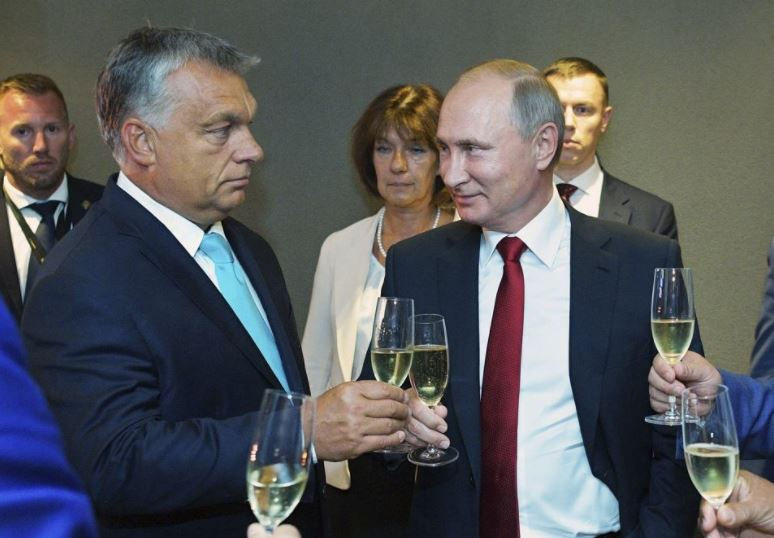
The similarities between how Viktor Orban and Vladimir Putin run their countries are clear. The two leaders are the pioneers of “illiberal democracy”, a term proudly branded by Orban in 2014 as an alternative to how most European Union members are governed. After taking power in 2010, the Hungarian prime minister began solidifying his power in a very similar manner to Putin. By constantly referring to “Christian” values, criticizing the “moral decay” of the EU, and nationalizing foreign-owned media assets, he has managed to become virtually untouchable as the ruler of Hungary for the foreseeable future.
Viktor Orban has also not shied away from making long-lasting changes in his country’s constitution. In 2012, a new Hungarian constitution came into force. It lowered the number of seats in the Parliament from 386 to 199, allowing Fidesz (Orban’s party) to rule with complete disregard for the opposition [2].
His relationship with Moscow is a complicated one, given Hungary’s dependence on the European Union’s funds. However, the two leaders do enjoy a warm relationship, and Orban is definitely the most vocal defender of Putin at EU forums. Part of it is due to the Hungarian reliance on Russian gas -- in 2019, Orban defended Hungary’s relationship with Moscow while expressing interest to join TurkStream, a controversial pipeline project that bypasses Ukraine in the delivery of natural gas from Russia to Turkey. The natural resource is a factor that motivates the maintenance of good relations with Putin, but given the reforms Orban has introduced during his time in power, it seems as though he draws inspiration from the Russian president in more ways than one. He’d have plenty of time to do that, too -- Orban and Putin have met at least once every single year since Russia’s annexation of Crimea (twice in 2017). [3]
Having been in power for over 11 years, Viktor Orban’s style of governance has inspired many populist, pseudo-conservative movements all around Europe to adopt similar tactics when it comes to winning elections, as well as solidifying power after getting into office. Given the European Union’s stance on the rule of law, as well as the direction taken up by governments in Budapest and Warsaw, the attempt to establish an EU-wide platform or party to defend these governments’ interests within the European community would definitely make sense from Orban’s point of view. Getting the support of a staunch eurosceptic Matteo Salvini, the leader of Lega Nord (an Italian party that holds 29 out of the 76 Italian seats in the European Parliament), surely strengthened the potential formation of such a structure.
From Italy, with love

If Orban’s openness towards the Russian Federation and his affinity for its “illiberal” brand of government is motivated by national interest and political opportunism, then Matteo Salvini is quite blatantly a loyal fan and dedicated supporter of Vladimir Putin, his worldview and, perhaps most importantly, his disdain for the idea of a united Europe. In 2017 Salvini’s party agreed to sign a cooperation accord with none other than United Russia, Putin’s political force that holds the majority in the Russian parliament.
Salvini speaks out openly about his admiration of the Russian president. He claimed that he feels “more at home” in Russia than in many European countries, and expressed his desire for a leader like Putin to emerge on the scandal-ridden Italian political scene. Finally, he’s tied to Aleksandr Dugin, a controversial Russian author and Putin’s former advisor, who is known for pushing the idea of “Eurasianism” -- a notion of a brand new definition of a continent that is centered around Moscow. [4]
Over the years this idea became warmly embraced by the European far-right, nationalist movements. No matter how contrary to the idea of national sovereignty and independent conducting of policy the concept of Eurasianism is, right-wing nationalists flock to it because it provides an alternative to the European Union and its approach towards social issues such as multiculturalism or LGBT rights. In their view, swapping out Brussels for Moscow would lead to a return of “traditional”, Christian values to the forefront of European politics. It seems as though this concept is the key driver of Matteo Salvini’s affinity towards Vladimir Putin and his macho-like, authoritarian approach to politics at home and abroad.
Some events that transpired in Italy in recent years seem to point towards a more sinister explanation of Salvini’s actions, though. In 2019, a story about Salvini banning a workers’ strike at a Lukoil (Russian-owned oil company) refinery in Sicily at Kremlin’s request became public. The interior ministry’s ruling banning the strike was challenged in court by the workers’ union. These proceedings revealed a letter written by the Russian ambassador to Italy directly asking Salvini (Minister of Interior at the time) to block the protests. [5]
Poland's Tricky Situation

As opposed to Orban and Salvini, the Polish leadership shows no desire to develop closer ties with Russia, nor are they particularly fond of Putin. Jaroslaw Kaczynski’s (PiS leader) animosity towards him runs deep, on a very personal level.
His late twin brother, Lech, was the president of Poland between 2005 and 2010. Lech Kaczynski vehemently opposed Putin’s authoritarian ambitions. Most notably, in 2008, he gathered a delegation consisting of the leaders of Ukraine, Estonia, Lithuania, and Latvia, and flew to Tbilisi, to take a stand against Russian ambitions in Eastern Europe. In the speech, he famously said: “Today Georgia, tomorrow Ukraine, the day after tomorrow - the Baltic States, and then, perhaps time will come for my country - Poland”. He also called upon the international community, NATO in particular, to oppose the Russian aggression. On the same day Russia announced the withdrawal of troops from Georgia. [6] After the event Lech Kaczynski gained the status of a hero in Georgia, but made some enemies in Moscow.
On the 10th of April, 2010, a plane with 88 Polish officials (and 8 crew members) crashed in Smolensk, Russia, killing everybody on board, including Lech Kaczynski. They were flying to Russia to commemorate the anniversary of the Katyn murders of 1940. The crash was caused by poor weather conditions on the Smolensk airport. According to some reports and politicians, the crew was pressured to land by the Kaczynski brothers themselves. [7]
Understandably, the crash has had a profound effect on Jaroslaw Kaczynski. Many Law and Justice members, most notably Antoni Macierewicz, outright accused Russian of deliberately causing the crash, with conspiracy theories ranging from bombs having been planted on board, to the Russian air traffic controllers misleading the Polish pilots [8]. Kaczynski himself is to this day adamant about “uncovering the truth about Smolensk”.
Lech Kaczynski’s Tbilisi speech, the crash in Smolensk and the accusations that ensued, as well as the murky past of Poland and Russia all come together to form the current shape of Polish-Russian relations. Polish politicians who’ve gone on official visits to Russia have often been humiliated by being forced to wait on the Russian representatives for long periods of time, as well as Putin himself going as far as blaming Poland for the start of the Second World War [9]. Recently, the Polish government has taken a firm stance against the Russian aggression in Ukraine and their involvement in Belarusian affairs.
Why then does the Polish government continue associating themselves with known friends and supporters of Vladimir Putin? The answer to that question is multifaceted. First of all, Hungary has been one of Poland’s closest allies in Europe ever since Law and Justice came to power in 2015. Many of the Polish government’s reforms and actions are inspired by Orban’s Hungary, including judiciary reforms, as well as the villainization and slow takeover of foreign-owned media assets and launching a network of sophisticated propaganda channels in print, television, and digital formats. The idea of “illiberal democracy” and the appeal to nationalism and Christian values is the foundation of Law and Justice’s success in Polish politics. It is only natural that their closest allies in Europe would be Orban and Salvini, who love to use conservative values for political gain. Their ties to Vladimir Putin are conveniently ignored by Kaczynski and his subordinates.
Secondly, Law and Justice is going through a crisis that began with the Women’s Strike in October 2020 -- if the elections happened today, they would lose the absolute majority, obstructing their ability to continue transforming the Polish political system. Polish conservatives have slowly started to move away from Law and Justice, and opting for Konfederacja, a controversial, right-wing group of Christian radicals and free-market advocates, as well as Polska 2050, a new, centrist party created by a television personality who’s also a devout Catholic. Becoming the founding members of a conservative coalition that could influence the European Union would definitely sway some voters to back Law and Justice in the elections.
Forming such a coalition makes political sense for Law and Justice, however they are also playing into one of the key objectives of Russian foreign policy -- weakening the European Union by supporting right-wing populists who undermine the importance of the rule of law and preach the return of traditional, conservative values. If Jaroslaw Kaczynski, Mateusz Morawiecki, or anyone else from Law and Justice fails to see that, then they are either naïve, incompetent or both.
What's the point?
The Polish and Hungarian governments, known “troublemakers” on the European Union forums, need a coalition or an EU-wide party that favors them in order to continue reaping the benefits of EU membership all the while remaining able to solidify their grip on power within their respective countries. Leaving matters as-is will lead the rest of the European community to take stricter action against these governments, in the form of budget cuts, or worse yet, being forced out of the Union altogether. A favorable force within the EU structures would push back against punishing Poland and Hungary. Paradoxically, the two countries depend on the EU funds to realize their aims. More influence within the EU structures would help them continue getting away with breaking the rules. As of right now, no formal agreement has been signed, nor a party has been created, but both Orban and Kaczynski are determined to get it done. If it means continuing to reach out to the fringes of conservative politics and getting more people like Salvini to commit to their cause, they’ll likely jump at these opportunities.
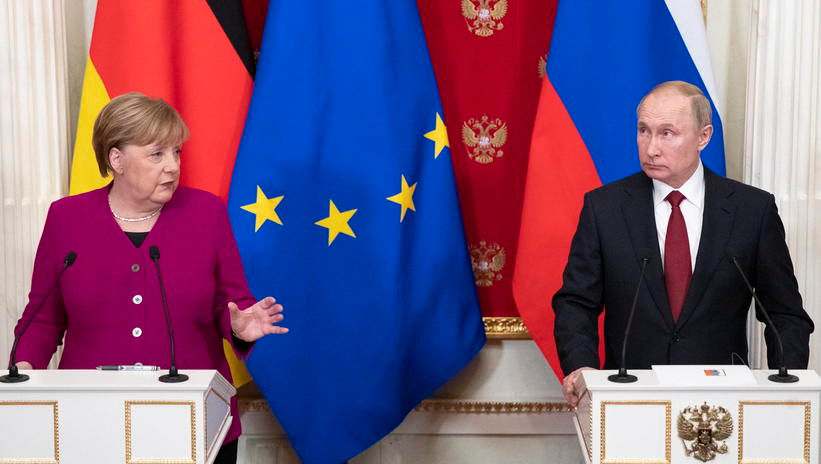
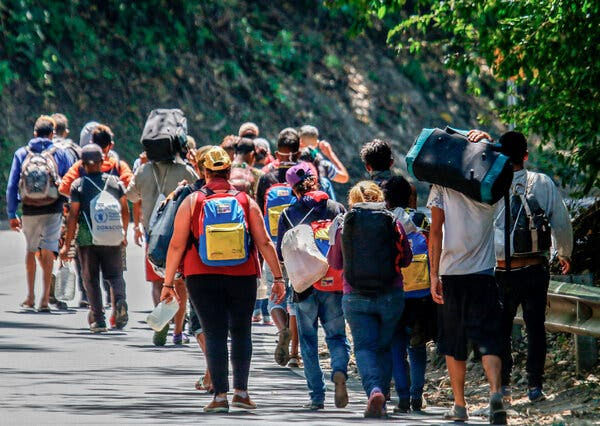
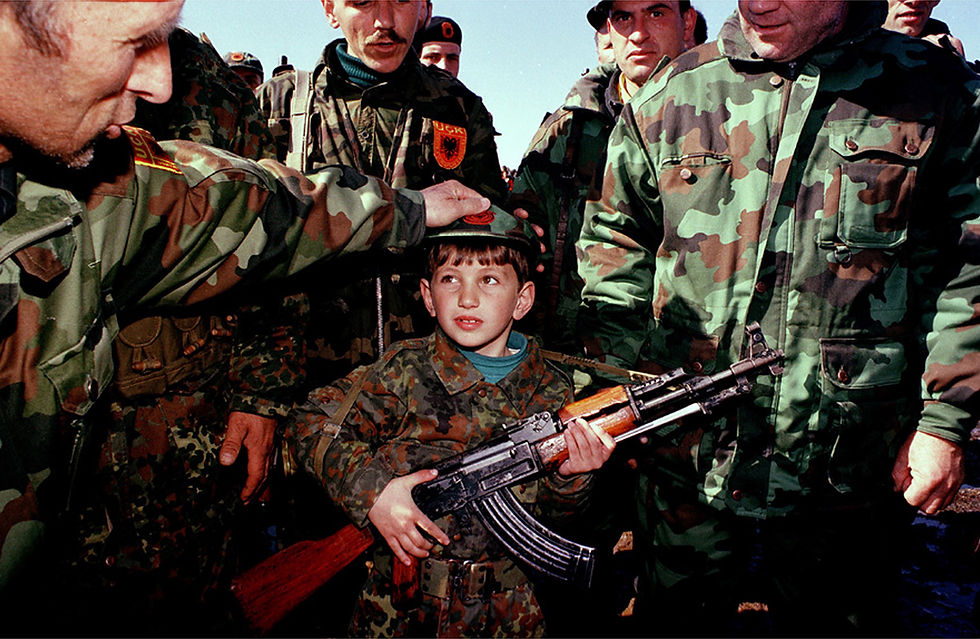
Comments